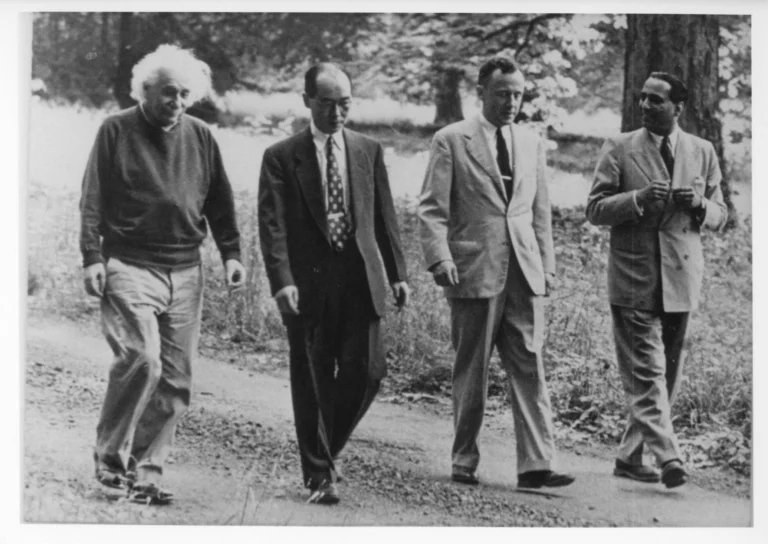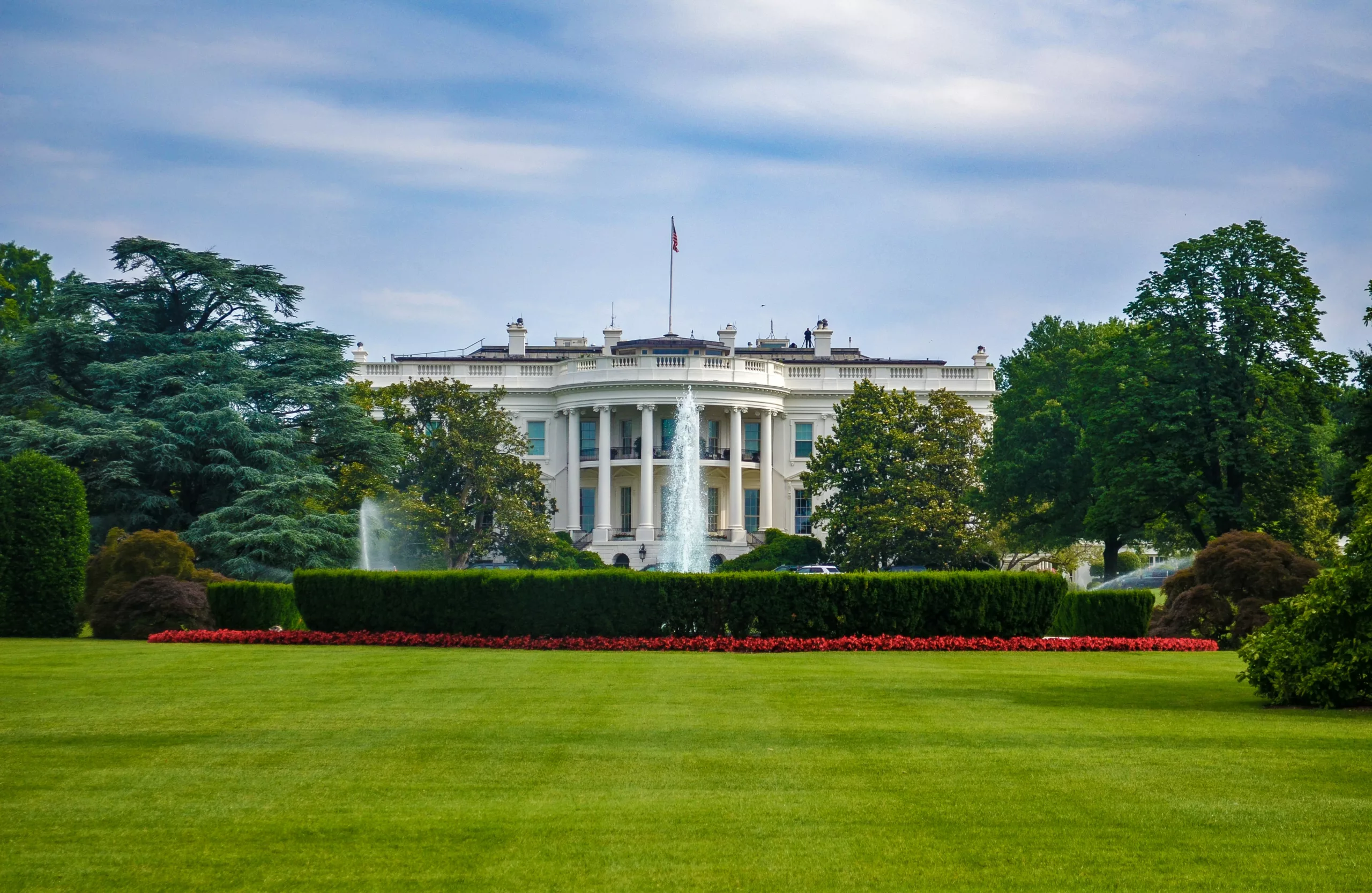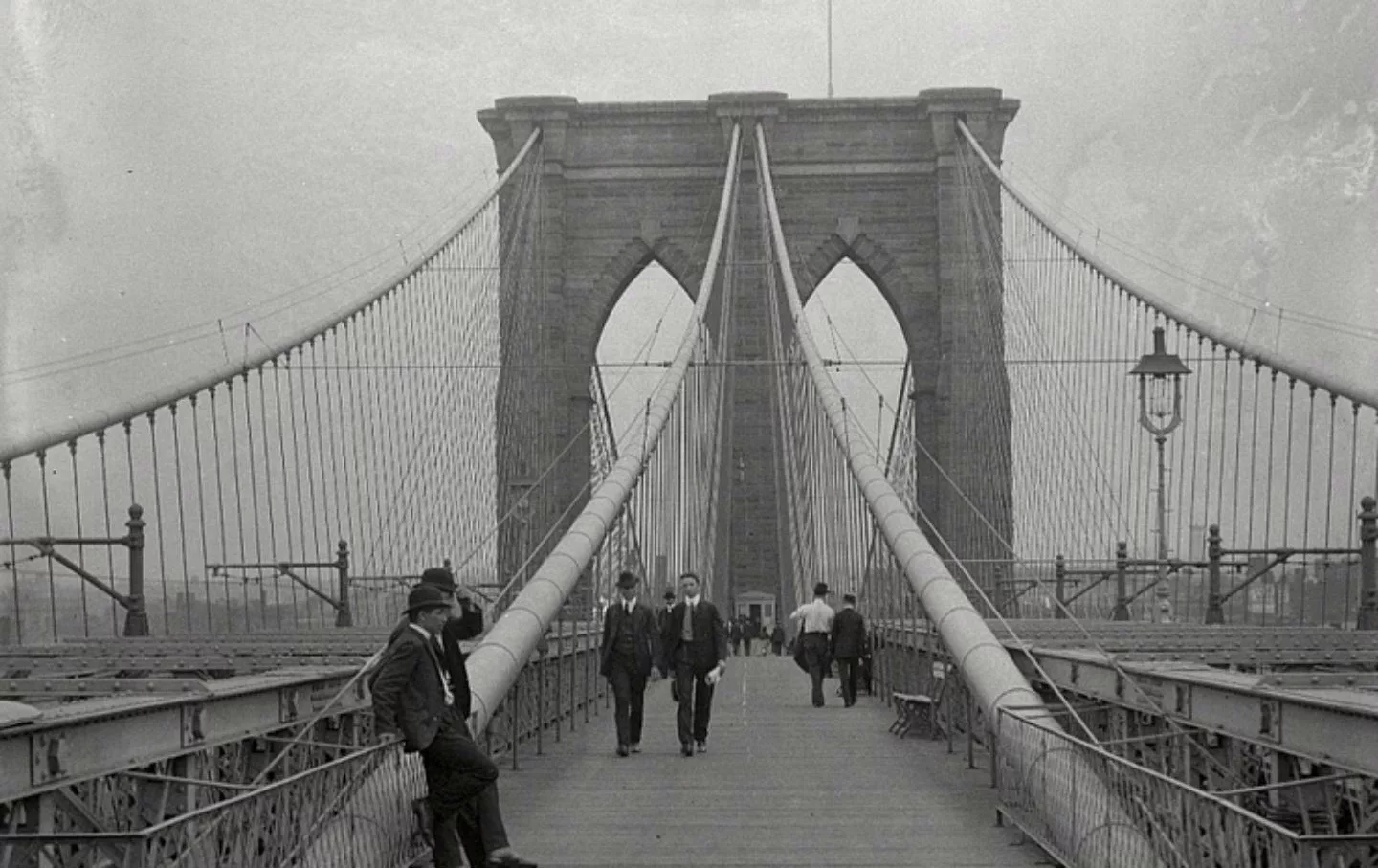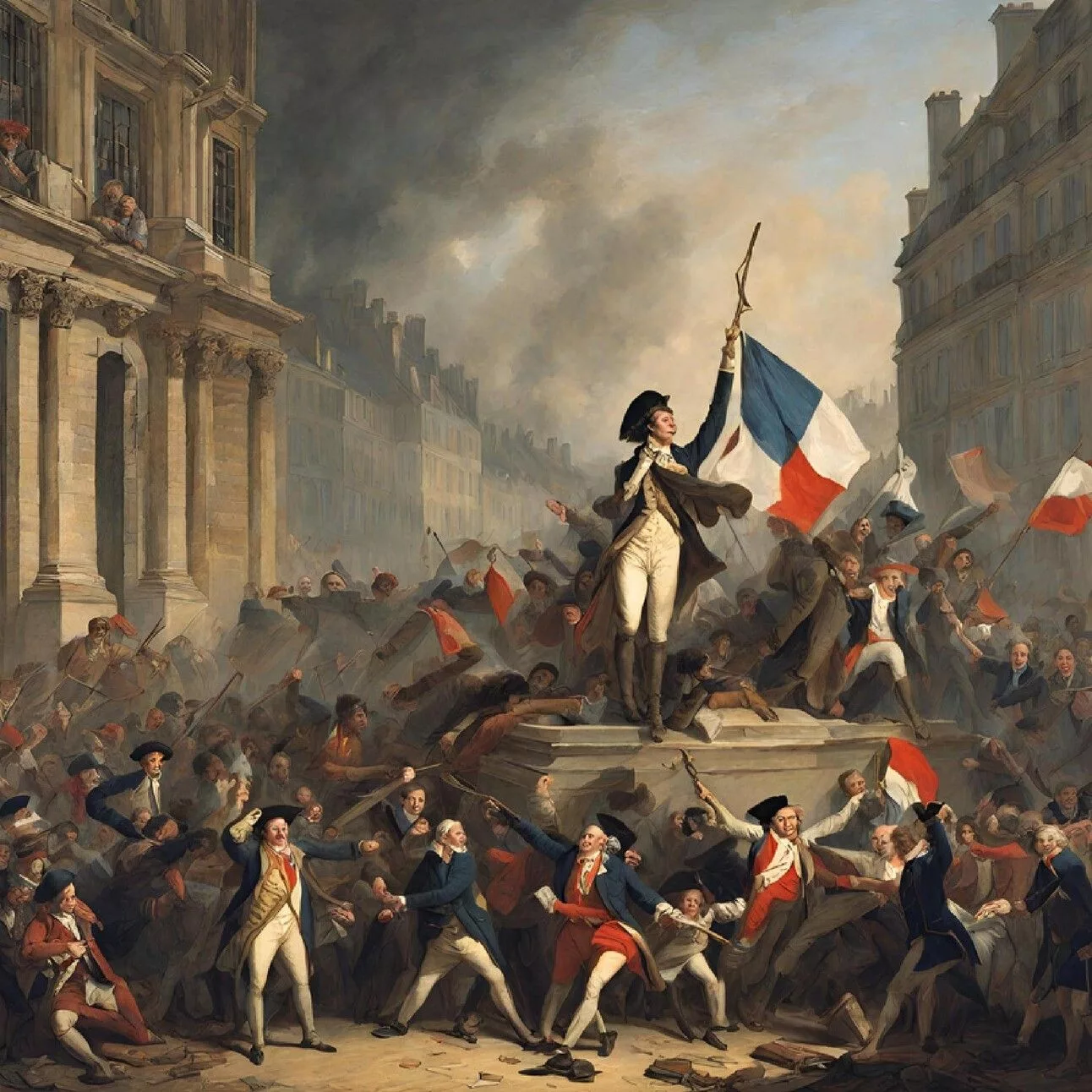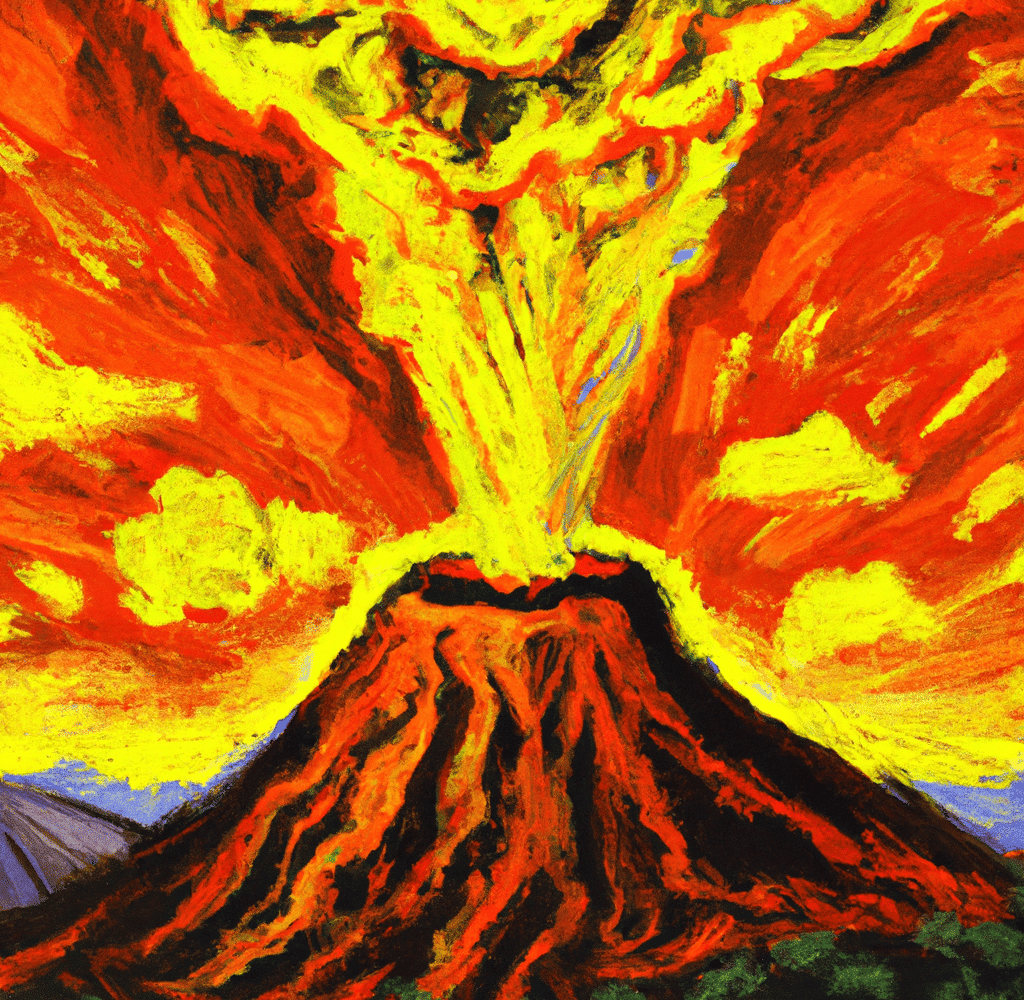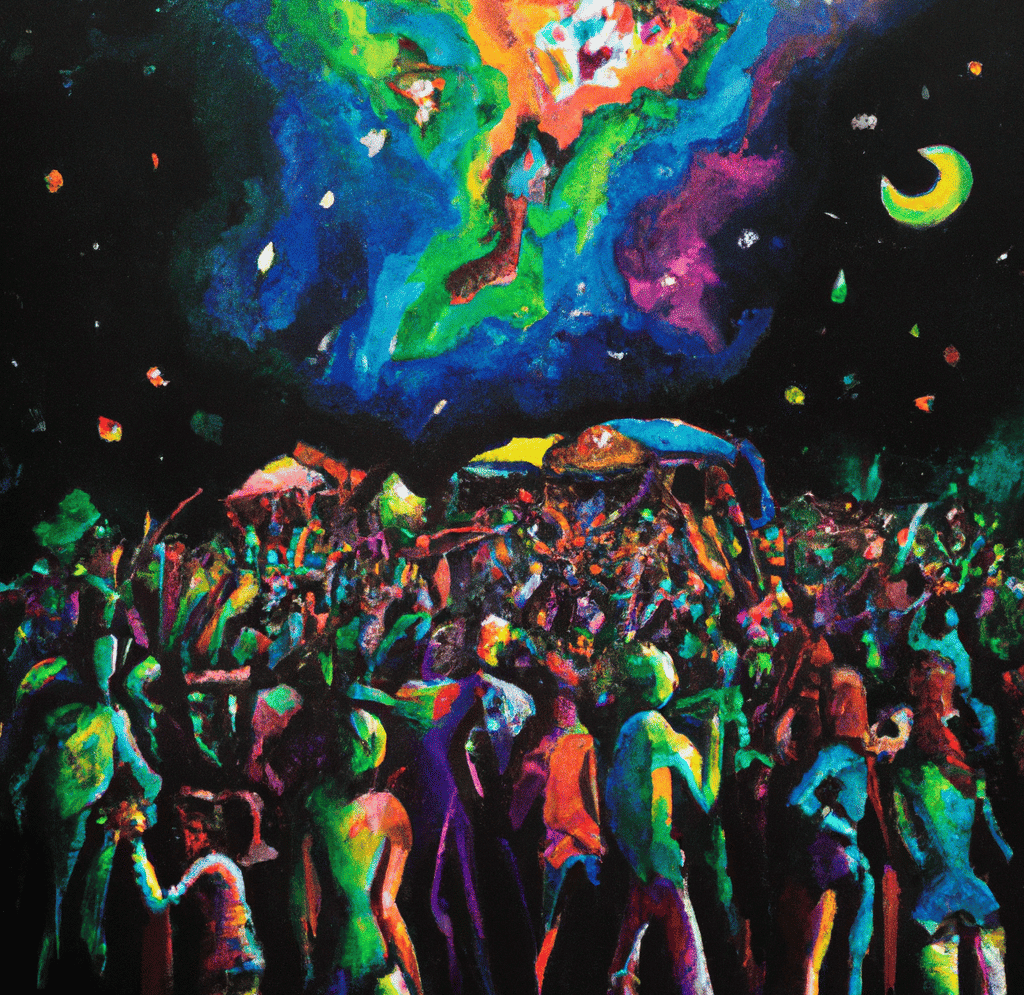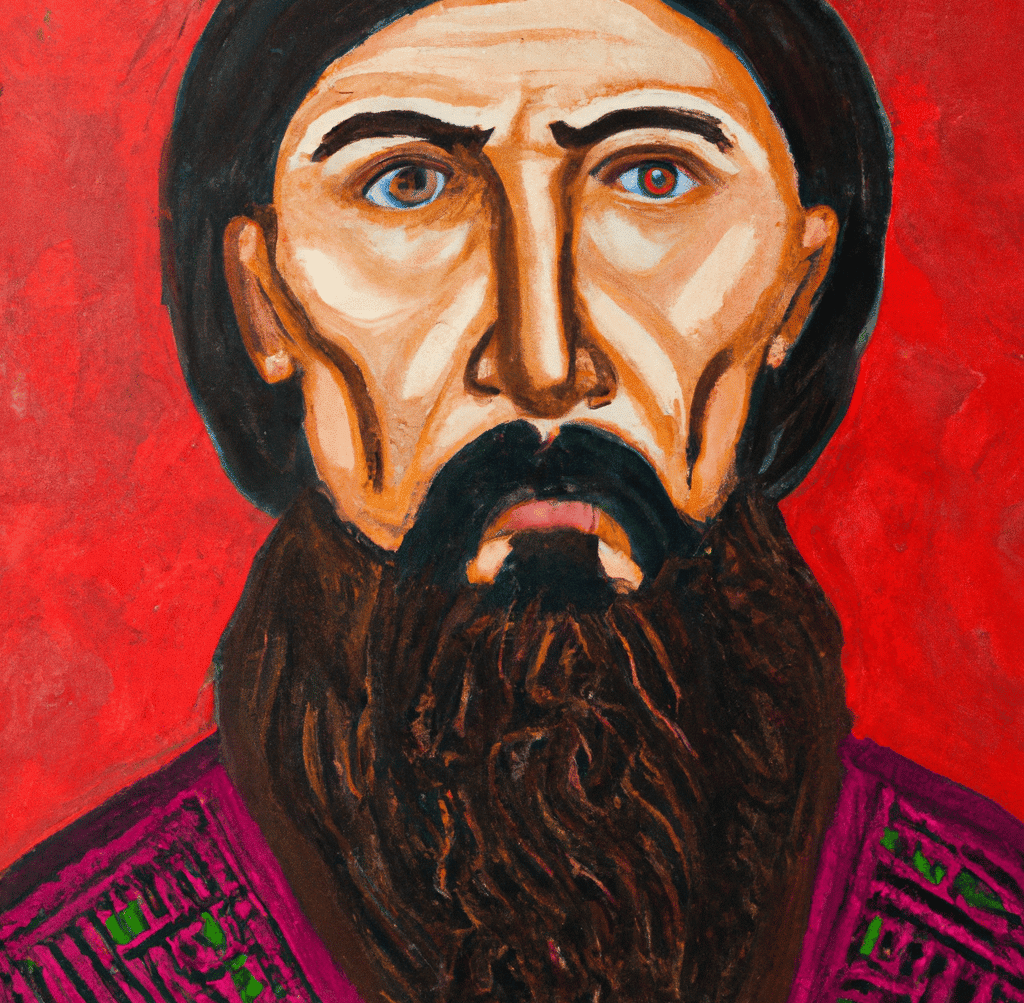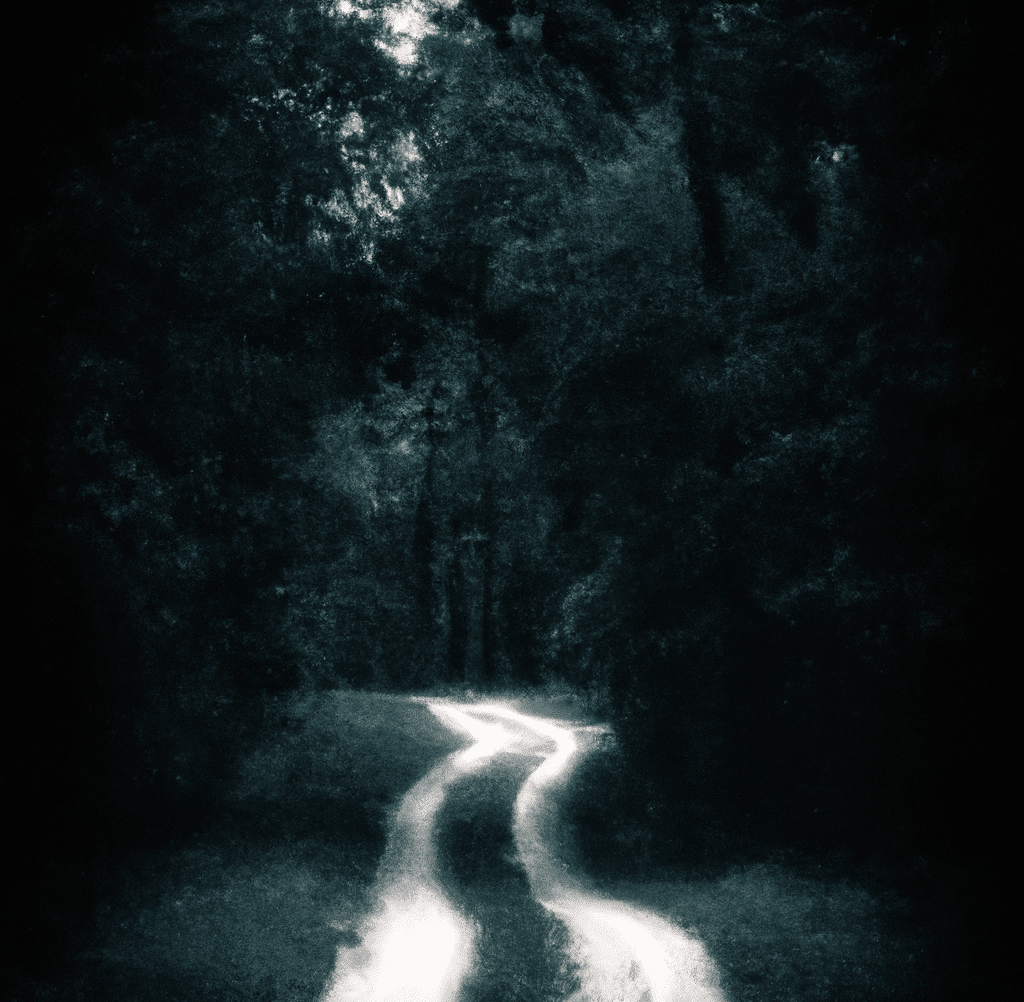The Institute of Advanced Studies in Princeton has hosted some incredible scientists and researchers. Luckily, one photographer was able to capture some of the greatest scientific minds all in one photo!
Back in 1954, four of some of the most well-known physicists took a stroll together at the Institute of Advanced Studies in Princeton. The famous physicists included Albert Einstein, Hideki Yukawa, John Wheeler, and Homi Bhabha, all distinguished in their fields of expertise.
Here’s a rundown on the who’s who in this photo (going left to right). Let’s dive in!
What was Albert Einstein known for?
Born in Germany on March 14, 1879, Albert Einstein developed the special and general theories of relativity. However, most people remember him for his equation: E = mc^2 ,which explains that “energy equals mass times light when it’s squared.” In other words, he showed how energy and mass are interchangeable.
In addition, Einstein is known for more than his most famous equation. Three of his other significant discoveries include brownian motion, mass and energy equivalence and the law of photoelectric effect.
Einstein’s discovery of the law of photoelectric effect even won him the Nobel Peace Prize for Physics in 1921. But his work with space, the speed of light, gravity and his equation made him one of the most well-known physicists in the world. Einstein’s work lives on in schools and in the science field. Einstein passed away on April 18, 1955 in Princeton, New Jersey.
“Imagination is more important than knowledge. Knowledge is limited. Imagination encircles the world.”
– Albert Einstein
What was Hideki Yukawa known for?
Hideki Yukawa was born in Tokyo, Japan, on January 23, 1907. His research began with the theory of strong and weak nuclear forces. This led Yukawa to discovering the existence of a new kind of particle called the meson. The meson theory explains how the protons and electrons interacted with one another in the nucleus. In other words, this means it’s the glue that holds the nuclear particles together.
It was named the meson due to its mass being between the masses of a proton and an electron. Yukawa’s work with elementary particles won him the Nobel Peace Prize for Physics in 1949. Hideki’s meson theory and work with particles was very influential in how physicists understood and viewed particles. In 1947, he started his work on a broader elementary particle theory. Yukawa later died on September 8, 1981 in Japan.
“Reality is complicated. There is no justification for all of the hasty conclusions.”
What was John Wheeler known for?
John Wheeler was born July 9, 1911 in Jacksonville, Florida. Wheeler was the first American physicist involved in the theoretical development of the atomic bomb. Wheeler even helped out with the Manhattan Project. He helped develop the hydrogen bomb in New Mexico, explained nuclear fission in terms of quantum physics and worked with nuclear weapons before pivoting to space research.
Wheeler’s research included the unified field theory, as well as space-time continuum, and gravitation theories. This research with space and gravity led him to coin the term, “black hole” as well as “wormhole.”
Furthermore, Wheeler collaborated frequently with Albert Einstein; however, he never won a Nobel Peace Prize. Wheeler died on April 13, 2008 in Hightstown, New Jersey.
“We live on an island surrounded by a sea of ignorance. As our island of knowledge grows, so does the shore of our ignorance.”
– John Wheeler
What was Homi Bhabha known for?
Hombi Bhabha was born October 30, 1909 in Bomby, India. He was a nuclear physicist who was a primary architect in India’s nuclear energy program. His work was mainly focused on quantum theory and cosmic radiation. Bhabha made a breakthrough theory on the cascade theory, which explains how electron showers and cosmic rays in outer space interact with different energies and altitudes.
Bhabha also became the first chairperson of the Atomic Energy Commission in India. Under his leadership, scientists helped make an atomic bomb. He continued his work in the nuclear and energy field and was nominated for a Nobel Peace Prize for Physics. Unfortunately, he never won and tragically died in a plane crash on January 24, 1966, in Mont Blanc, France.
“My success will not depend on what A or B thinks of me. My success will be what I make of my work.”
– Hombi Bhabha

